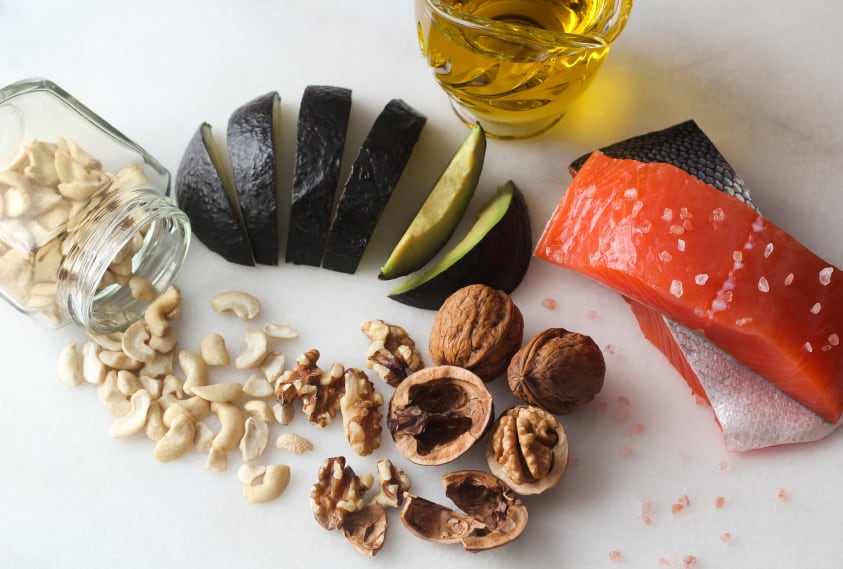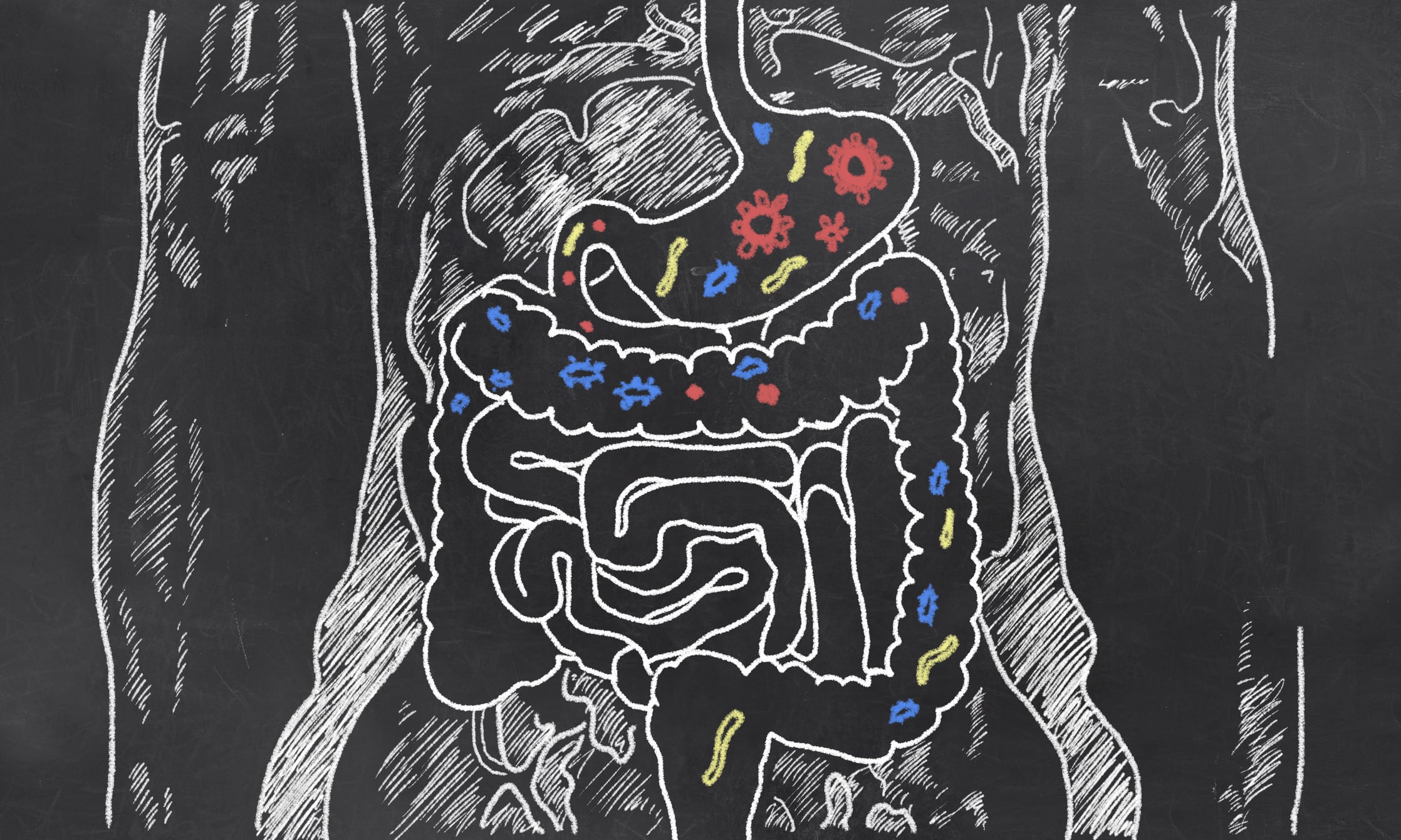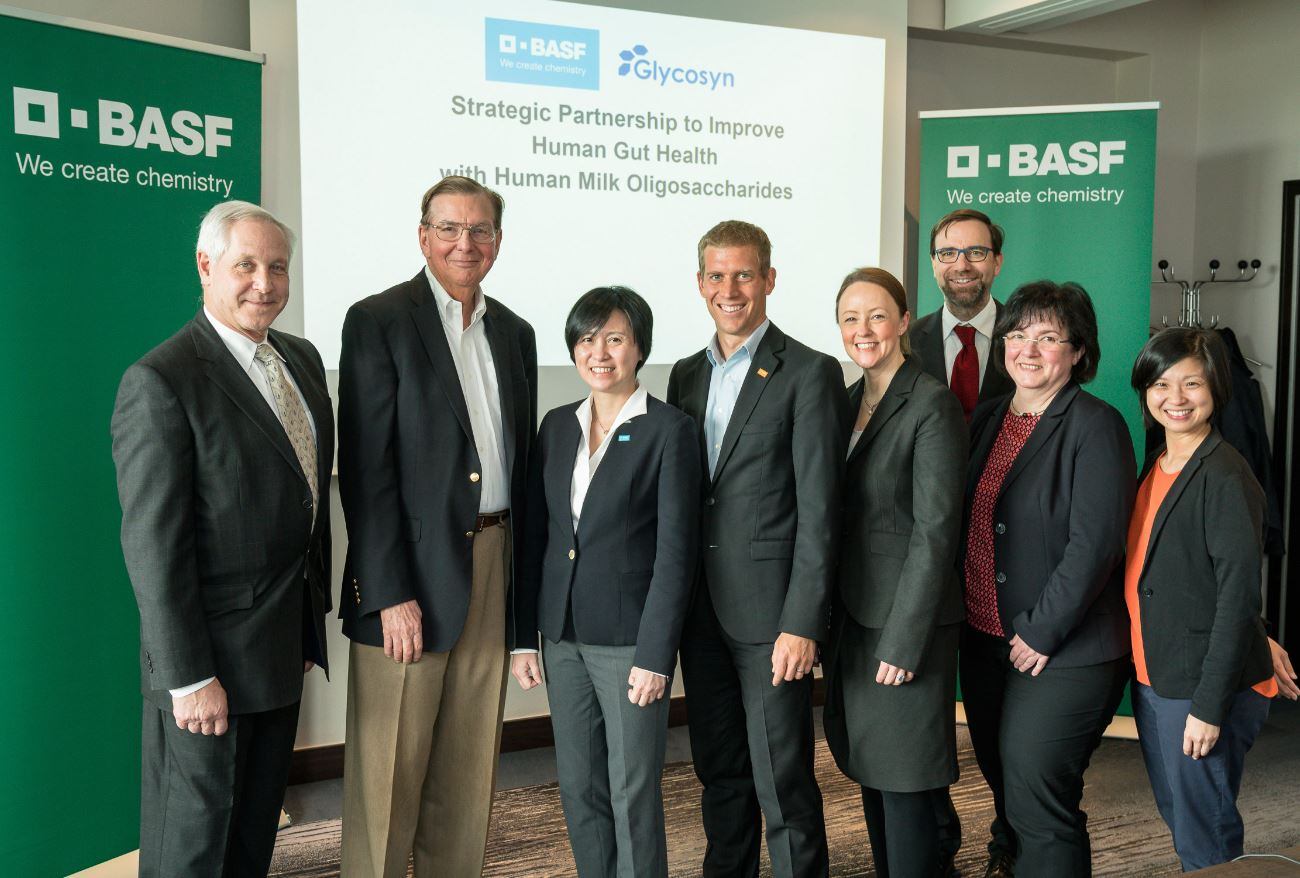The food, named Hepacor, will contain concentrated eicosapentaenoic acid (EPA) and docosahexaenoic acid (DHA) to address the fat build-up in the liver, known as steatosis in NAFLD patients.
With the launch initially in Switzerland, Christoph Garbotz, head of commercial management, advanced health solutions at BASF, describes Hepacor’s introduction as “a major milestone in BASF’s plans to commercialize a dedicated solution for NAFLD management globally”.
“Together with Ideogen in Switzerland, the BASF team has undergone a rigorous process to bring Hepacor to continental Europe and address a growing concern for patients with NAFLD.”
“With our European production and supply chain set up successfully, we are ready to collaborate with interested partners in greater Europe.”
EU NAFLD rates
The country is of particular interest to the collaboration, with around 25% of people in Switzerland living with NAFLD.
In comparison, NAFLD prevalence in adults with diabetes is reported to be 46.2% in the UK and 69.5% in Italy.
In children and adolescents in Europe, NAFLD prevalence ranges from 2% to 12.5%. However, the prevalence among obese children was much higher: 36% in Germany and 44% in Italy.
Key to the solution are the high EPA and DHA levels contained within the food. A previous BASF-backed study has shown that consuming more long-chain omega-3 fatty acids (LC-PUFAs) could help control NAFLD.
Findings from the study concluded that adult and paediatric patients with NAFLD should be encouraged to increase their intakes of omega-3 LC-PUFAs.
In addition, another clinical study has suggested that Hepacor corrects this deficiency and raises the levels of these important fatty acids in the blood.
“Increasing the levels of EPA and DHA can help to reduce the fat burden in the liver by improving the liver’s ability to process excessive pre-existing fat and at the same time inhibit the creation of new fat from dietary carbohydrates,” says BASF.
Norway contribution
The pact with Swiss pharmaceutical firm Ideogen will mainly involve the food’s marketing, selling and distribution in the region as a food for special medical purposes.
However Hepacor will be manufactured in Norway using a patented purification technology to reduce persistent organic pollutants and other substances like unwanted lipids such as cholesterol, which are naturally found in all fish oil-based products.
One animal study has suggested that one specific environmental pollutant, PCB 153, contributes to the development of NAFLD.
The mechanism of actions EPA and DHA adhere to in aiding liver function are not fully understood.
These omega-3 LC-PUFAs are thought to help promote genes involved fatty acid oxidation whilst inhibiting genes involved in fatty acid production and storage.
Specifically, omega-3 LC-PUFAs may have a role in regulating both the rate of triglyceride production and its storage in the liver.




